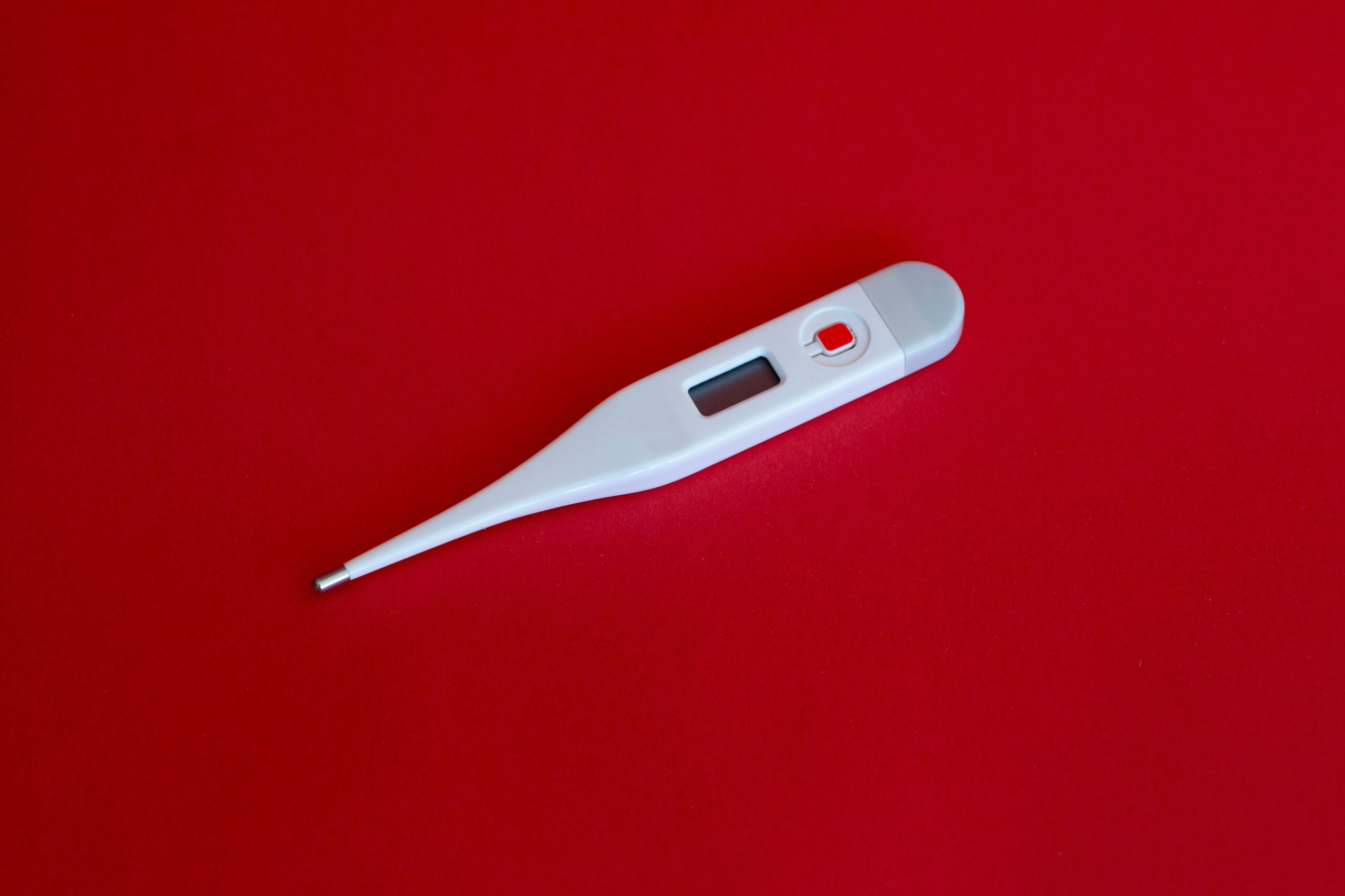The Importance of Folic Acid
Folic acid, also known as vitamin B9, is an essential nutrient that plays a crucial role in various bodily functions. It is particularly important for women, both during pregnancy and in their general health. In this article, we will explore the role of folic acid in pregnant and non-pregnant patients, as well as the recommended dosages for each group.
Folic Acid and Pregnancy
During pregnancy, folic acid is vital for the proper development of the baby’s neural tube, which eventually forms the brain and spinal cord. Adequate intake of folic acid before and during early pregnancy significantly reduces the risk of neural tube defects, such as spina bifida.
The recommended daily dosage of folic acid for pregnant women is 600-800 micrograms (mcg). It is advisable for women who are planning to conceive to start taking folic acid supplements at least one month before conception and continue throughout the first trimester. However, it is always best to consult with a healthcare provider for personalized advice.
Folic Acid for Non-Pregnant Patients
While folic acid is commonly associated with pregnancy, its benefits extend beyond the prenatal period. It plays a crucial role in the production and maintenance of new cells, making it essential for overall health and well-being.
For non-pregnant individuals, the recommended daily dosage of folic acid is 400 mcg. This can be obtained through a balanced diet that includes foods rich in folic acid, such as leafy green vegetables, citrus fruits, beans, and fortified grains. However, some individuals may require higher doses due to specific health conditions or medications. It is always advisable to consult with a healthcare professional for personalized recommendations.
Additional Benefits of Folic Acid
Besides its importance in pregnancy and cell production, folic acid offers several other health benefits:
- Heart Health: Folic acid helps lower homocysteine levels in the blood, reducing the risk of heart disease and stroke.
- Mental Health: Adequate levels of folic acid are associated with a reduced risk of depression and age-related cognitive decline.
- Anemia Prevention: Folic acid plays a role in the production of red blood cells, helping to prevent certain types of anemia.
- Cancer Prevention: Some studies suggest that folic acid may help reduce the risk of certain cancers, such as colon and cervical cancer.
Supplementing with Folic Acid
While it is possible to obtain folic acid through a balanced diet, some individuals may require additional supplementation. This includes pregnant women, individuals with certain medical conditions, and those taking certain medications that interfere with folic acid absorption.
Folic acid supplements are widely available over-the-counter and are generally safe when taken as directed. However, it is important to follow the recommended dosage and consult with a healthcare professional if you have any specific concerns or medical conditions.
Conclusion
Folic acid plays a vital role in both pregnant and non-pregnant patients. Its importance during pregnancy cannot be overstated, as it significantly reduces the risk of neural tube defects. However, folic acid also offers numerous benefits for overall health, including heart health, mental well-being, anemia prevention, and potential cancer prevention.
For pregnant women, a daily dosage of 600-800 mcg is recommended, while non-pregnant individuals should aim for 400 mcg per day. It is always best to consult with a healthcare professional to determine the appropriate dosage for your specific needs. Remember, a balanced diet rich in folic acid-containing foods is generally the best way to meet your nutritional needs, but supplements can be considered if necessary.
By prioritizing adequate folic acid intake, we can support our overall health and well-being, whether we are expecting or not.
FIND FLASH MEDICAL INFO SEARCH HERE



